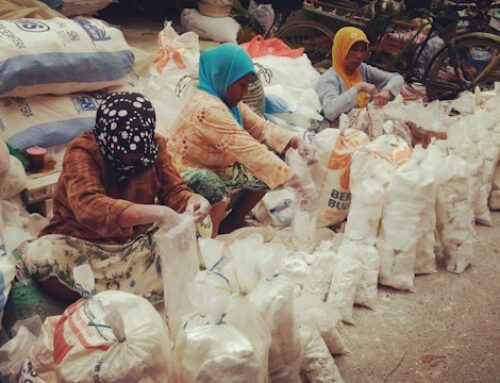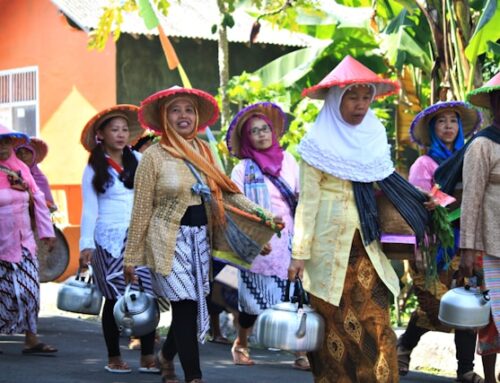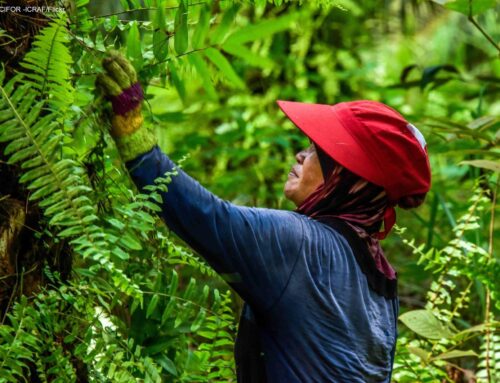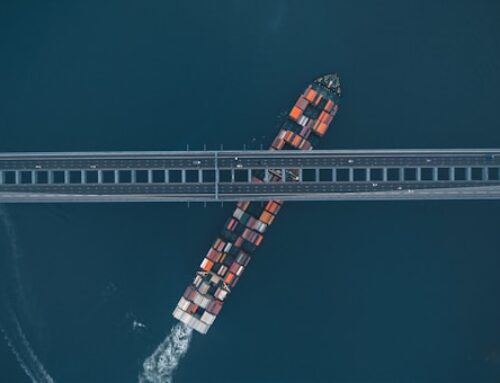This paper examines the long-term economic impacts of an historically salient place-based policy in Java. Colonial Java was one of the world’s triumphs for sugar production once the Dutch-forced cultivation system came into effect in the early nineteenth century. The Dutch then built exhaustive railroad networks across the island to particularly boost surplus extraction from the sugar commodity. We make progress by exploiting the Dutch quasi-random experiment stemming from the haphazard formation of cultivation system sugar factories to circumvent the potentially endogenous placement of railroads. Utilizing our new assembled dataset, we document that railroad locations remain to thrive today: they are more urbanized, more engaged in entrepreneurship and innovation, and wealthier although railroads have demised. The enduring effects are consistent with the pattern of path dependence owing to the durability of colonial sunk investments which automatically coordinates the allocation of present-day infrastructure investments, and human capital accumulation.
Speaker:
Inggrid (Crawford School of Public Policy, The Australian National University)
Thursday, 4 November 2021 at 10.00-11.30 WIB
Participate on Zoom (registration required): https://bit.ly/fkp4nov
or YouTube bit.ly/fkp-live
Slides and video for past seminars:




